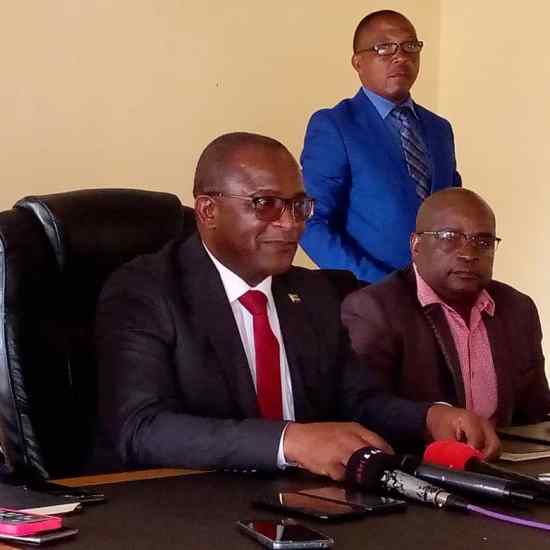
The uncertainty currently enveloping Zimbabwe’s present and future will continue to define the country’s political economy, according to University of Zimbabwe Political Science Lecturer Professor Eldred Musunungure.
Masunungure, as quoted in Zimbabwe Democracy Institute’s Political Economic Review paper titled ‘Possible Scenarios and Probable Outcomes: 2017 and Beyond’ noted that for the foreseeable, Zimbabwe’s destiny will be in the hands of Zanu PF hands notwithstanding the convulsions and fissures that presently define the party.
“Indeed, the party is at its weakest in many years; the reality however is that its rivals are even weaker,” said Masunungure.
Moreover, Masunungure said the country’s economy will continue to be trapped in the doldrums due to growing corruption notwithstanding the promises and assurances in the Presidents recent SONA and the Herald’s editorial that “Zimbabwe can only rise in 2017.”
“Given Zimbabwe’s fluid political economy, it is a hazardous enterprise speculating what is likely to happen even in the near future, let alone four or five years ahead,” said Masunungure.
According to ZDI, navigating out of Zimbabwe’s economic predicament requires strengthening of key institutions for democracy (participation, social dialogue, transparency and accountability).
“Government should work towards reforming and strengthening property rights in the agricultural sector through granting transfer rights.
“A productive economy requires that assets be used by those who can do so most productively, and improvements in property rights facilitate this by enabling an asset’s mobility as a factor of production,” noted ZDI.
The local think tank organization said it is important to broaden the tax base by dealing with the problem of informality through easing entrance and creating incentives for formalization.
“Government should also create fiscal space by downsizing government and make it leaner and more efficient. This downsizing will be justified by the size of the economy (i.e. low GDP, fiscal revenues) as well as the relatively low population size. In Kazakhstan in 1997, a presidential decree reduced the number of ministries from 21 to 14 and the number of government bodies from 47 to 24,” reads part of the statement.








